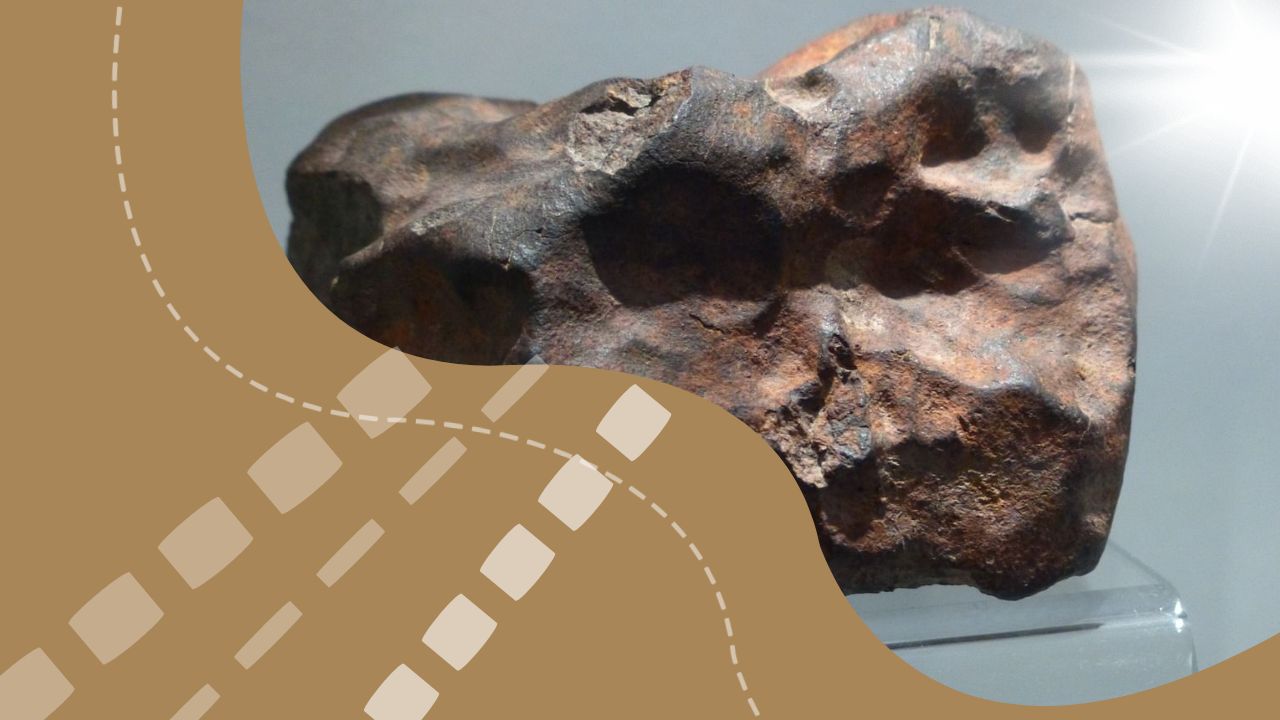Indonesia’s low-cost nickel suppliers will wipe out rivals in the next few years, cementing the country as the world’s dominant producer of the metal vital to electric car batteries, the head of French miner Eramet has warned.
The south-east Asian nation could end up accounting for more than three-quarters of the world’s highest class of pure nickel in five years from now, Christel Bories told the Financial Times, with radical consequences for competitors elsewhere.
“It has really made a big part of the old traditional players structurally non-competitive for the future,” Bories said. “This part of the industry will either disappear or be subsidised by governments.”
She added: “The uncompetitive mines elsewhere will close. I’m not sure there will be so many governments deciding to subsidise big production with a lot of money just to compete with Indonesia production.”
The major shift in the market and tumbling nickel prices have already affected mining companies such as BHP, IGO and First Quantum, which have cut production and shut down mines in Western Australia.
Eramet sits on both sides of the fence, with operations in Indonesia’s Weda Bay, the world’s largest nickel mine, as well as New Caledonia through its subsidiary Société Le Nickel.
Bories’ comments come as Eramet wrangles with the French government — a holder of 27 per cent of its shares — on a solution for lossmaking SLN nickel facilities, which the group has refused to fund further.
She said the company was close to finding a way to rearrange the loans offered to SLN by Paris so that they would no longer affect Eramet’s debt ratios, through either a different method of consolidation or quasi-equity loans.
The nickel crisis has become so severe that Glencore has announced plans to sell its stake in the Koniambo mine in New Caledonia after making losses on the asset for more than a decade. Commodity trader Trafigura is also locked in negotiations with the French government over Prony Resources, the third major nickel producer in the territory.
Bories said Eramet would continue to operate its mine for now but would “never” contemplate other nickel investments, including rescuing Koniambo.
Nickel prices have dived more than 30 per cent to $17,462 a tonne in the past year after two years of elevated prices. Few bet against the glut disappearing any time soon as Chinese companies continue to plough investment into Indonesia’s resources.
“There’s a serious structural challenge as a result of Indonesian nickel,” said Duncan Wanblad, chief executive of Anglo American, which has nickel mines in Brazil. “That is certainly putting cost pressure on most of the other ferronickel businesses that exist in the world today.”
This week Eramet reported an 85 per cent slide in net income for 2023 to €109mn, including a €218mn impairment on SLN.


